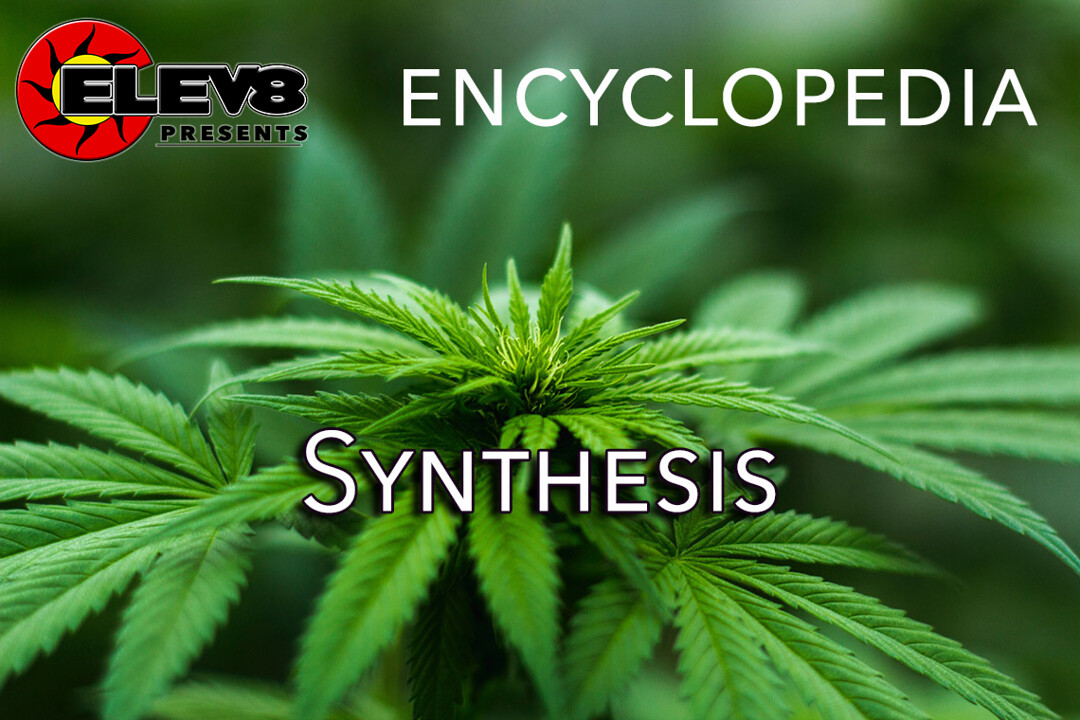What does Synthesis mean?
Synthesis is the method used by plants to create crucial proteins and hormones. Synthesis is performed when plants combine light energy and chemical compounds through a sequence of biochemical reactions. This process is crucial to the production of important substances that are responsible for all aspects of a plant’s health and vitality.
More on Synthesis
Plants are exceedingly self-sufficient, and through synthesis can create their own means of growth and development. For example, one vital substance produced through synthesis is chlorophyll, which allows plants to capture light energy and convert it into chemical (sugar) energy.
Additionally, plants use synthesis to convert nitrogen absorbed from the soil to create amino acids. These amino acids are then converted into essential proteins, which are further used in other important synthesis processes. Proteins created through synthesis are used as building blocks for a plant’s cellular structures.
Without these crucial proteins and hormones created through synthesis, a plant would not be able to grow, thrive, or reproduce.







